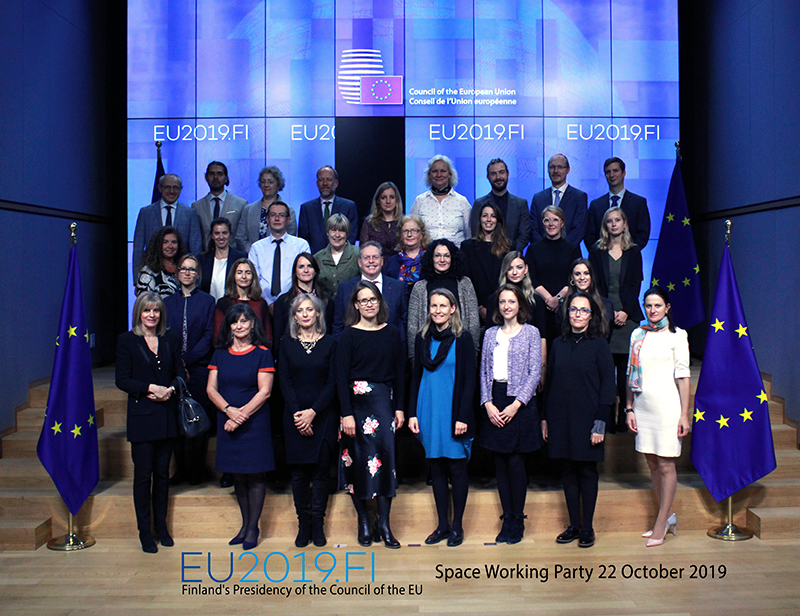
Since the entry into force of the Lisbon Treaty (2009), the European Union has gained a new competence in the space domain, with the purpose of providing Europe with strategic space systems and responding to the needs of citizens through a European Space policy and its operational arm : the Eurpean Space Programme. Several provisions, among which Article 189 of the Treaty on the Functioning of the Eropean Union, establish a system of parallel competences between the Union and its Member States.
The European Union regulation establishing the European Space Programme has been finalized at the end of 2020. It defines the role of European Commission, creates a new European Union Space Agency (EUSPA) and shapes the partnership with the European Space Agency (ESA) for the implementation of the European Space Programme, which features several elements: the European GNSS (navigation), Copernicus (Earth observation), space situational awareness (SSA) and strategic institutional telecommunications (GovSatCom).
The European Commission is tasked with the implementation of the European Space Programme at the political level. Different organs are competent to deal with space issues within the Union's institutions, starting with the Competitiveness Council, which may hold informal joint meetings with the ESA Council under the "Space Council" banner.
Within the Council of the EU, Belgium participates in the Space Working Party which examines all Space issues at political level, under the aegis of the various rotating Presidencies of the EU.

Meeting of the Space Working Group on 22/10/2019 in Brussels under the Finnish Presidency.
Julien Béclard
Space Research & Applications